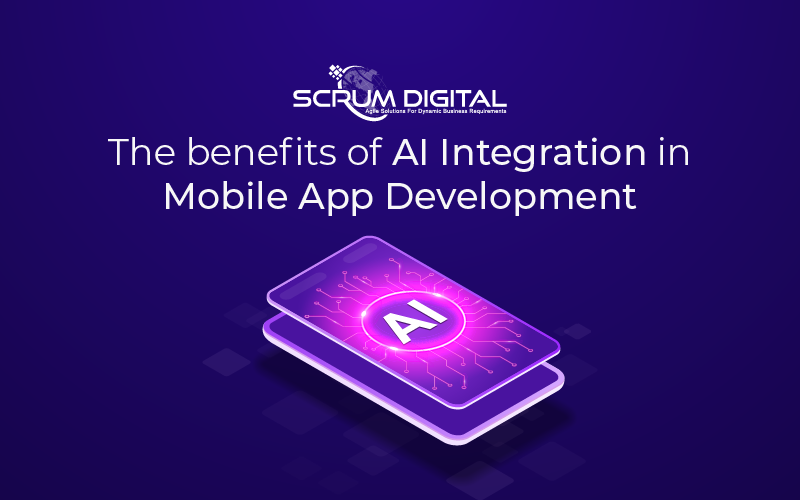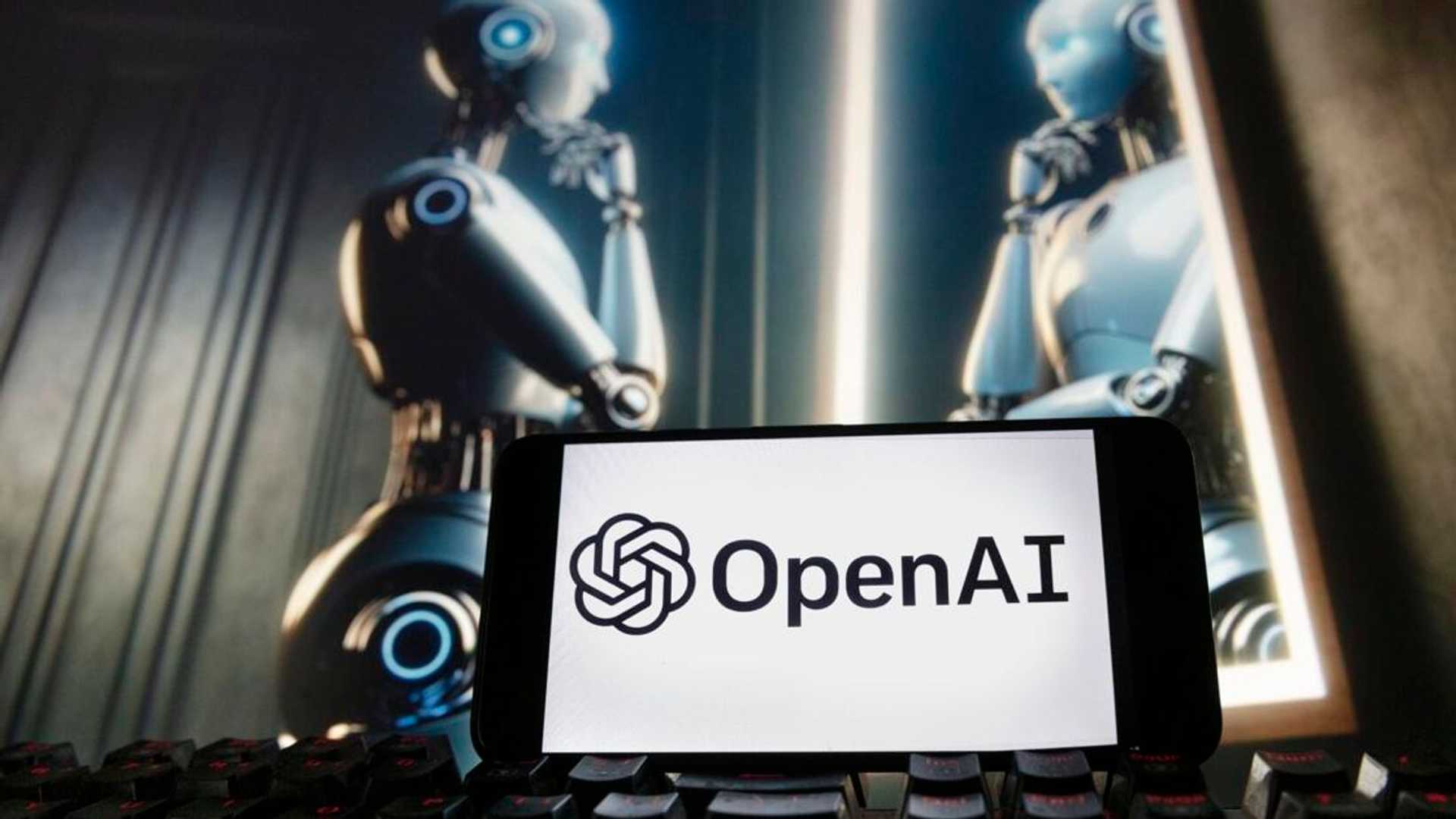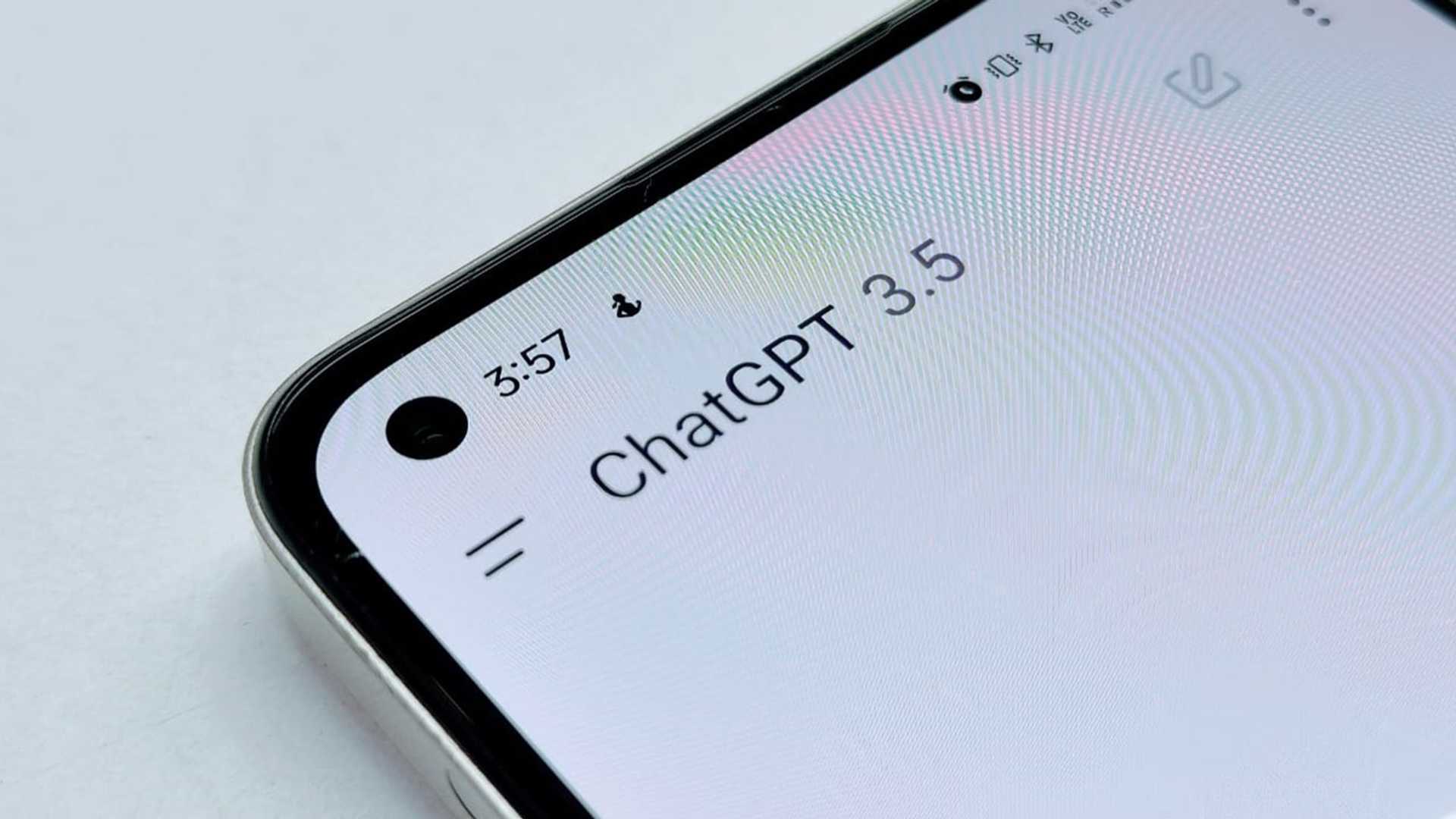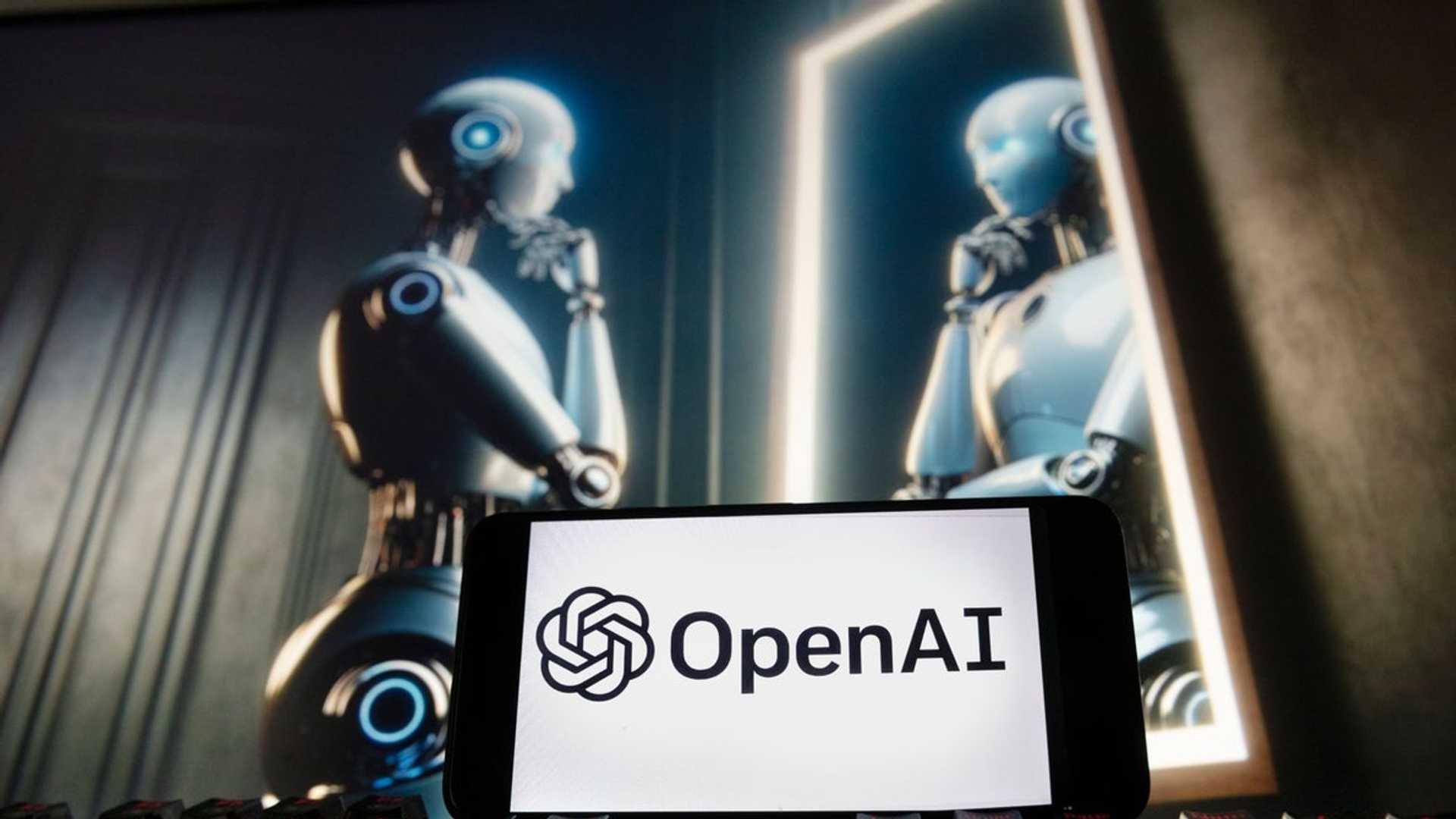Google I/O 2024 is the company's last shot to dominate mobile AI
Google I/O 2024 is just a few weeks away, and artificial intelligence figures to be the main focus point for the annual developer conference yet again. We expect Google to unveil a new budget-friendly Pixel 8a, improvements to Wear OS, and much more in Mountain View, California on May 14. The company announces new AI features all the time, so what makes I/O 2024 have a higher significance? The mobile AI race is heating up, but so far everyone has been on the same team. Competitors, such as Samsung and MediaTek, are actually working with Google to provide mobile AI features on their devices and platforms.
Apple's Entry into the Mobile AI Race
That's going to change in a big way this June when Apple hosts its yearly Worldwide Developers Conference with a heavy focus on AI. A not-so-subtle teaser all but confirms we're going to see AI announcements at WWDC 2024, and we could even see related previews at Apple's May 7 iPad event. Google has one last chance to outline a clear and compelling strategy for mobile AI at I/O 2024, cleaning up what has been a pretty scattered approach so far.

Challenges Faced by Google
Google was the first to release an "AI smartphone" last year in the Pixel 8 Pro, and, to a lesser degree, in the Pixel 8. There's no shortage of AI-based features available on the Pixel 8 series, but these new offerings come with two major caveats. For starters, some Pixel features that are now marketed as using AI appear very similar to the same ones that used machine learning in the past. Pixel cameras have featured ML and computational photography for years, so is calling these nearly-identical features AI-based really that different?
![]()
There are some ways generative AI has really improved things, like Magic Editor for photos and Audio Magic Eraser for videos. Still, these new features are better viewed as a natural evolution of previously-available tools — such as the Magic Eraser — than AI-enhanced revolutions.
On-Device vs. Cloud AI
The bigger problem with Google's current mobile AI plan is that nearly all of its best features need to run in the cloud. In fact, there are only two AI-based tools that can run on-device on the Pixel 8 Pro using the Gemini Nano model: Summarize in Recorder and Smart Reply in Gboard. That's it. Everything else that matters, from Circle to Search to Video Boost, leverages cloud processing.
Apple's Advantage in Mobile AI
The sense of urgency for Google derives from the reality that Apple is finally entering the mobile AI race. Apple sat on the sidelines throughout the AI boom thus far, but that will change starting at WWDC 2024. Apple is in a unique position to dominate mobile AI early on due to its extensive experience with Neural Engines, which are what the company calls the Neural Processing Units (NPUs) in its systems-on-a-chip.
![]()
The Path Forward for Google
With in-house Gemini models and Tensor processors, Google has everything it needs to become the decisive leader in mobile AI, but we still need to see more. A clear plan and more on-device AI features can help Google fend off Apple's attempt to break into the mobile AI market. However, I/O 2024 could be Google's last chance to leave an uncontested impression.
By subscribing, you agree to our Privacy Policy and may receive occasional deal communications; you can unsubscribe anytime.




















